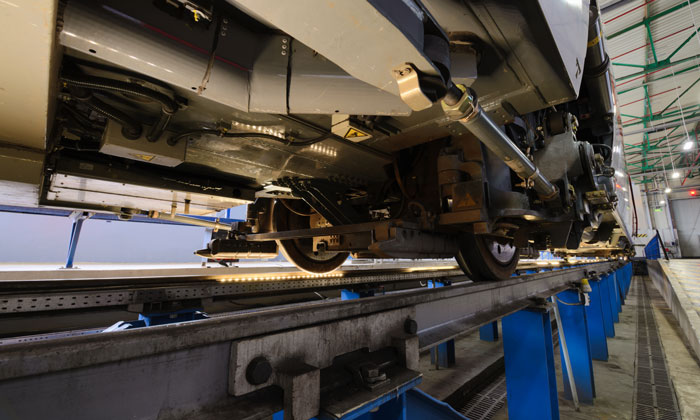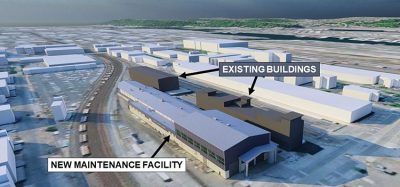Talgo unveils localisation plan for the UK
Posted: 19 October 2017 | Global Railway Review | No comments yet
Talgo is set to gain a foothold in the UK rail market and has devised a detailed long-term industrial plan which includes the construction of a plant in the UK and the creation of a fully localised supply chain.


The plan was publicised last week by its president Carlos Palacio during several industry meetings and is part of a bigger-scale strategy to offer a full spectrum of rail solutions in the British Isles, ranging from the supply of high-speed rolling stock to full vehicle overhaul services.
Talgo has repeatedly showed its intention to carry out the whole train construction process in the new plant. To find the perfect spot in case it is awarded supply contracts currently being tendered, the company is analysing a dozen locations in the UK, including around Leeds and Liverpool. It has already engaged in formal contacts with local authorities and key interest groups from the districts concerned, as well as with MPs elected in those very same zones which could be interested in hosting the plant.
The Spain-based company expects the new facility to create hundreds of highly-skilled jobs and to spur the development of local talent which could then be used not only to supply the UK and Irish rail markets with latest-generation trains, but also to enforce Talgo’s global operations by tapping the renowned British components industry.
Talgo sees the UK market with its increasingly challenging demand for more capacity and a passenger-focused rail offering as a level playing field in which its vehicles could take a crucial role, as the company’s current portfolio includes not only very high-speed trains but also regional and commuter vehicles ready to maximise train operating companies profit and to minimise subsidies from taxpayers.
Talgo has experience manufacturing interoperable trains with its bi-mode vehicle range capable of making the most of the newest track sections while delaying or even avoiding costly electrification programmes.







